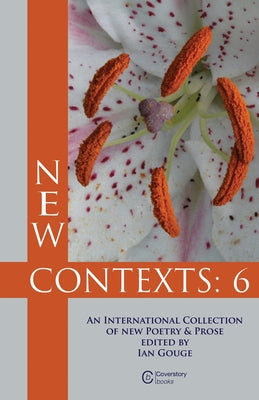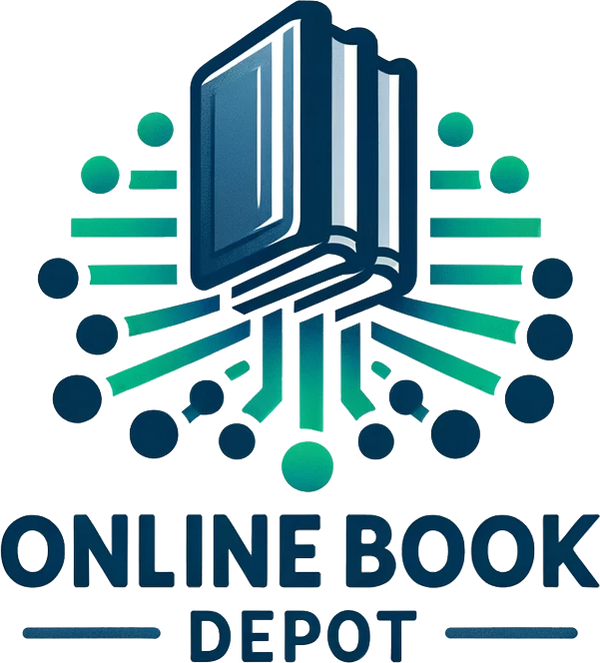1
/
of
1
Onlinebookdepot
New Contexts: 6
New Contexts: 6
Regular price
$16.69 USD
Regular price
Sale price
$16.69 USD
Unit price
/
per
Shipping calculated at checkout.
Couldn't load pickup availability
Curating a collection such as New Contexts provides its editor with an interesting conundrum in that their job is not simply to trawl through all the submissions in order to find pieces they like. Of course personal preference plays a large part in the selection process, but the curator also has a responsibility to try and recognise the well-written unique and novel - and which, on one level, they may not actually like very much.
Having said this, I count myself very fortunate in that the vast majority of the work I receive is not only of good quality, but personally appealing; and whilst this might suggest that arriving at a final shortlist should therefore be easy, in many respects it makes it just as hard. If not harder. This is the sixth edition of New Contexts and, as ever, I find myself forced by practical constraints not to include some decent work I appreciate. The final selection is, inevitably, some kind of reflection on me - but primarily, I hope, it is a testament to the great writers who have offered up their work.
There is a cloud on the horizon however: Artificial Intelligence. A subject everyone is talking about. Like many people, I have seen poems written by AI. Often these are derivative, and lack sophistication and emotional depth. I would like to think that years of reading creative writing in its many forms gives me sufficient instinct to have a decent chance of spotting an impostor. Or should I say that I 'liked' to think that. Now I'm not so sure.
Recently, poetry and prose competitions have started to provide unsuccessful entrants with 'feedback' written by AI. I myself have been on the receiving end. The document I was presented with was well-structured, logical, coherent; it obeyed a clear set of 'rules'. But not only was it 'intelligent', I couldn't tell it hadn't been written by a person. At all. With that speed of development, how long will it be before AI short fiction and poetry is equally indistinguishable? Or somehow flawless? Perhaps we're already there. Perhaps someone included in this anthology isn't a real human at all..!
People debate the impact AI is likely to have on the creative arts. One consequence may be that collections such as New Contexts are relegated to become a thing of the past.
Having said this, I count myself very fortunate in that the vast majority of the work I receive is not only of good quality, but personally appealing; and whilst this might suggest that arriving at a final shortlist should therefore be easy, in many respects it makes it just as hard. If not harder. This is the sixth edition of New Contexts and, as ever, I find myself forced by practical constraints not to include some decent work I appreciate. The final selection is, inevitably, some kind of reflection on me - but primarily, I hope, it is a testament to the great writers who have offered up their work.
There is a cloud on the horizon however: Artificial Intelligence. A subject everyone is talking about. Like many people, I have seen poems written by AI. Often these are derivative, and lack sophistication and emotional depth. I would like to think that years of reading creative writing in its many forms gives me sufficient instinct to have a decent chance of spotting an impostor. Or should I say that I 'liked' to think that. Now I'm not so sure.
Recently, poetry and prose competitions have started to provide unsuccessful entrants with 'feedback' written by AI. I myself have been on the receiving end. The document I was presented with was well-structured, logical, coherent; it obeyed a clear set of 'rules'. But not only was it 'intelligent', I couldn't tell it hadn't been written by a person. At all. With that speed of development, how long will it be before AI short fiction and poetry is equally indistinguishable? Or somehow flawless? Perhaps we're already there. Perhaps someone included in this anthology isn't a real human at all..!
People debate the impact AI is likely to have on the creative arts. One consequence may be that collections such as New Contexts are relegated to become a thing of the past.
Share




